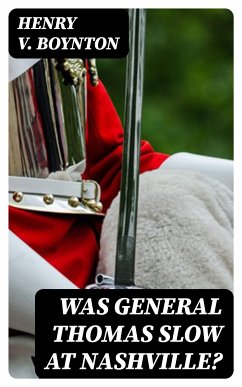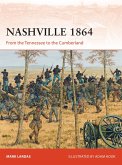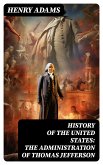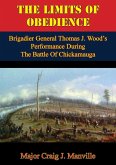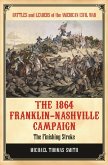In "Was General Thomas Slow at Nashville?" historian Henry V. Boynton meticulously investigates the controversial performance of Union General George H. Thomas during the pivotal Battle of Nashville in December 1864. Through detailed analysis of military strategies, troop movements, and contemporaneous accounts, Boynton scrutinizes the perceptions of Thomas's actions, contrasting popular opinion with evidence from battlefield reports and military dispatches. The book's narrative blends rigorous scholarship with vivid storytelling, situating the debate within the larger context of the American Civil War and the complexities of command and leadership in wartime. Henry V. Boynton, an esteemed historian and Civil War expert, served as an officer in the Union Army during the conflict he so passionately studies. His on-the-ground experiences and post-war reflections shaped his critical perspective on military leadership and history. Boynton's dedication to uncovering the truths behind historical narratives is evident in this work, as he seeks to illuminate the realities of General Thomas's performance, countering enduring myths with well-researched evidence. This book is a must-read for Civil War enthusiasts, scholars, and anyone interested in the nuances of military leadership. Boynton's gripping examination not only clarifies Thomas's role at Nashville but also invites readers to reassess the judgments of military leaders in historical discourse. It challenges preconceived notions, fostering a deeper understanding of the complexities of war.
Dieser Download kann aus rechtlichen Gründen nur mit Rechnungsadresse in A, B, BG, CY, CZ, D, DK, EW, E, FIN, F, GR, H, IRL, I, LT, L, LR, M, NL, PL, P, R, S, SLO, SK ausgeliefert werden.

